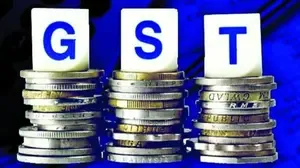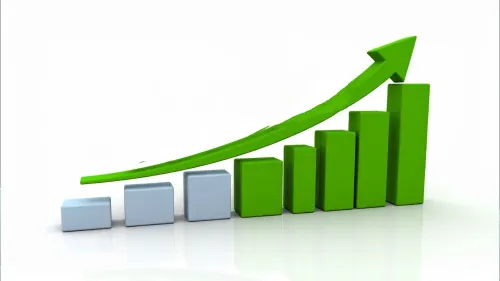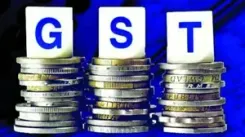Will S. Korean Banks Tighten Lending Standards in Q4?

Synopsis
Key Takeaways
- South Korean banks are likely to tighten lending standards in Q4.
- The Bank of Korea survey indicates increased restrictions on household loans.
- Government measures aim to cool the real estate market.
- Foreign securities holdings among investors surged nearly 60%.
- Tesla remains a top investment choice for South Koreans.
Seoul, Oct 27 (NationPress) Banks in South Korea are anticipated to impose stricter lending criteria in the fourth quarter, especially concerning household loans. This shift is a response to tightened loan restrictions aimed at addressing the overheated housing market, as indicated by a recent central bank survey.
The Bank of Korea (BOK) conducted a survey involving 203 financial entities, including 18 banks and 26 mutual savings banks, revealing that the index reflecting banks' lending attitudes registered at minus 14 for the October-December timeframe, according to Yonhap news agency.
A negative reading signifies that a greater number of lenders intend to enforce tighter credit standards rather than easing them. This contrasts with readings of 7 in the first quarter, minus 13 in the second quarter, and minus 28 in the third quarter.
By sector, the index for home mortgage lending was recorded at minus 28 for the fourth quarter, while loans to large corporations were at 6.
A BOK official stated, "Lending attitudes towards businesses are projected to relax slightly, whereas those for households are expected to tighten in accordance with the government's real estate policy measures."
"The survey also highlighted persistent credit risks for both companies and households amid ongoing domestic and global uncertainties," the official added.
The government has implemented a range of measures to cool the real estate market. Most recently, it designated 21 more districts in Seoul as speculative zones, thereby subjecting all 25 districts in the capital to stricter regulations.
Additionally, it has tightened lending rules, reducing the mortgage loan cap to as low as 200 million won ($139,665) from 600 million won set in June.
In a related development, holdings of foreign securities among South Korean investors surged nearly 60 percent year-on-year in the third quarter, with a significant portion in U.S. stocks, according to data released on Monday.
Local investors held overseas stocks and bonds valued at $220.3 billion by the end of September, up 59.7 percent compared to the same period last year, based on data from the Korea Securities Depository (KSD).
The value of U.S. stocks and bonds in the possession of South Korean investors amounted to $177.6 billion, representing 80.7 percent of their total overseas securities holdings. Investments in U.S. stocks alone reached $155.5 billion, accounting for approximately 94 percent of their total overseas equity investments.
Among these investments, Tesla Motors Inc. emerged as the top choice for South Korean investors, with holdings of $27.5 billion, marking the third consecutive quarter in which Tesla was favored.









